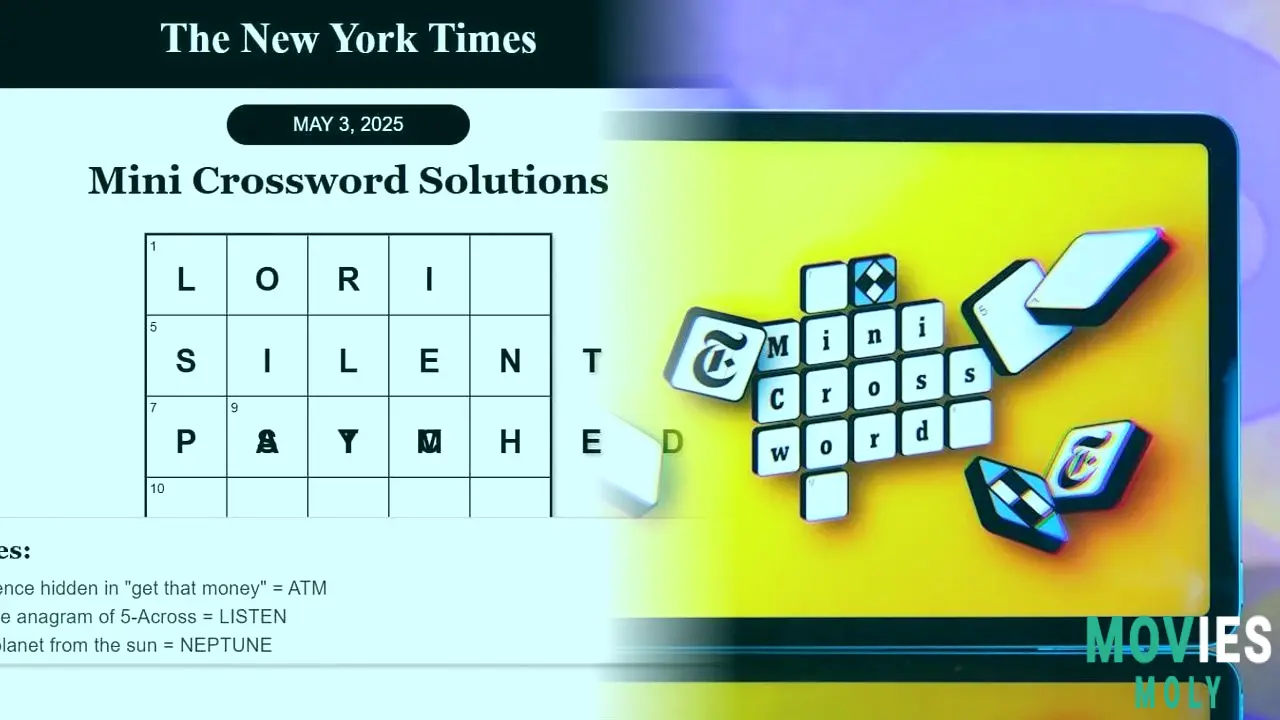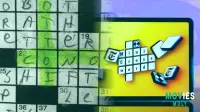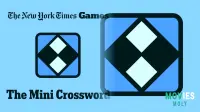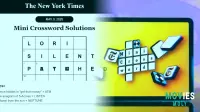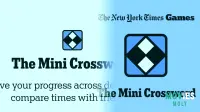The New York Times Mini Crossword has become a daily routine for many puzzle fans. It provides a fast mental workout, making it ideal for getting started in the morning or taking a little break. While its little 5x5 grid may appear straightforward, the Mini frequently conceals cunning wordplay and unexpected challenges. If you want to tackle today's problem or improve your overall solution speed, we have the answers for August 12 and some tips to help you become a Mini master.
Puzzle Enthusiast wrote, "The NYT Mini Crossword is a daily dose of brain-teasing fun - a perfect coffee break challenge!" It is a bite-sized mental challenge that will keep you coming back for more.
Today's NYT Mini Crossword Clues and AnswersHere are the solutions to the August 12 NYT Mini Crossword. Whether you're double-checking your answers or simply need a nudge in the right direction, these will help you finish today's puzzle.
Across Clues and Answers
Down Clues and Answers
How to Solve Tricky Mini Crossword Clues.
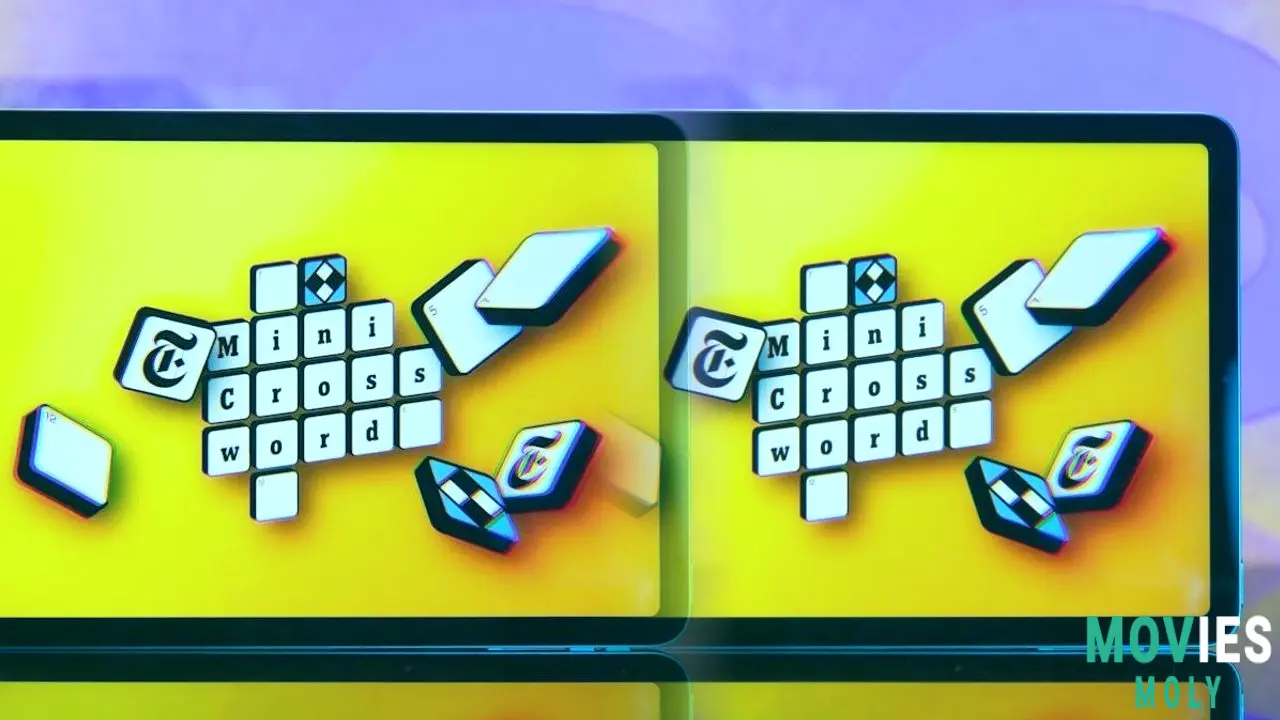
The NYT Mini Crossword frequently employs typical clue patterns and wordplay, which can stump even expert solvers. Understanding these patterns is essential for boosting your speed and consistency. The Crossword Master pointed out: "Cracking the Mini isn't just about answers; it's about understanding the clever wordplay behind each clue."
One frequent technique is to employ abbreviations. Clues ending in "Abbr." or "for short" indicate that the answer will be an abbreviation. For example, "Gasoline type: Abbr." yields REG (regular). Another common approach is using puns or multiple meanings, such as "Someone who's always taking jabs at you?" for BOXER. This necessitates looking beyond the literal meaning and exploring other interpretations of words.
Pay attention to the tense of the clue. If a clue utilizes the past tense, such as "Used to be," your response will be in the same tense, resulting in WERE. Similarly, if a hint requires a plural, the response will be plural. These minor details can make a significant difference.
Advanced Strategies for Faster Solving.
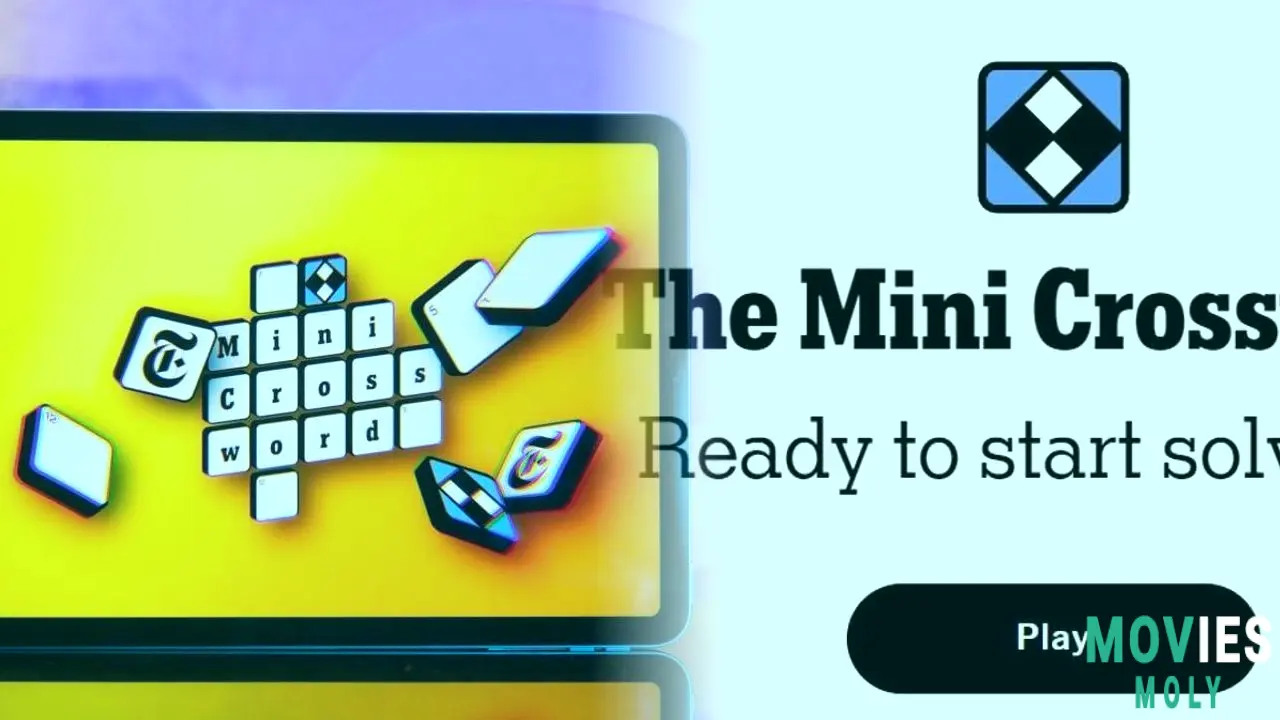
Improving Your Mini Crossword solving speed extends beyond simply knowing the answers. It entails learning to recognize different types of clues quickly and expanding your vocabulary to include frequent crossword words. Daily Solver wrote, "For a quick mental workout, the NYT Mini is unparalleled." "It's amazing how much thought goes into those few squares."
A decent method is to start by scanning all of the "Across" hints and filling in any answers that spring to mind. Then do the same with the "Down" hints. Filling up one answer often yields letters for overlapping words, making subsequent clues easier to solve. Don't be frightened to guess. If a word fits and appears realistic, write it down. If it fails to work with intersecting clues, you may always make changes afterward.
Many Mini Crosswords contain a secret subject, particularly on weekends. While today's puzzle may not have a clear answer, other puzzles link starred clues or have a primary topic. Recognizing these themes can provide multiple answers at once.
Common NYT Mini Crossword Themes:
Over time, the New York Times Mini Crossword has acquired recurring themes and categories. These frequently feature pop culture, familiar words, or everyday objects. Knowing these can give you an advantage.
When you're stuck on a clue, being familiar with these broad categories might help you predict answers and swiftly narrow down your options. Daily practice will inevitably lead to increased recognition.
Understanding 'TV Screen Option, For Short' (LCD).
Today's puzzle had the clue "TV screen option, for short," with the answer being LCD. This is a ubiquitous abbreviation in the world of home entertainment, and it is worth investigating what it implies, especially for those looking into compact TV screens for small rooms.
According to Home Entertainment Expert, "Choosing the right TV screen for a short distance can dramatically improve your viewing experience." This is very true, and knowing the technology underlying the screen is an excellent first step.
LCD versus Other TV Technologies for Small Spaces
The acronym LCD stands for Liquid Crystal Display. These televisions use a backlight (typically an LED) to illuminate liquid crystals, which subsequently form the image. LCD televisions are noted for their adaptability and are a popular choice for a variety of viewing configurations. The Tech Reviewer stated: "LCD TVs offer excellent versatility and picture quality, making them a top choice for compact viewing setups."
LCD TVs have various advantages in compact places or low viewing distances. They are often less expensive than other technologies such as OLED or QLED, making them a cost-effective choice. They also function well in brightly lit spaces, as the backlighting helps to reduce glare. This is beneficial if your small room has several windows.
However, alternative technologies have distinct benefits. LED TVs are simply LCD televisions with LED backlighting, which allows for slimmer designs and higher contrast than earlier CCFL-backlit LCDs. OLED televisions (Organic Light Emitting Diode) have higher contrast and genuine blacks since each pixel generates its own light. This makes them ideal for gloomy environments and delivers a more immersive image; nevertheless, they are more expensive and can cause burn-in if static images are exhibited for an extended period of time. QLED TVs (Quantum Dot LED) are a type of LED TV that uses quantum dots to boost color and brightness, resulting in a more colorful image, often at a lesser cost than OLED.
When designing a compact configuration, it is critical to consider screen size versus viewing distance. A general rule is that for shorter distances, you can use a smaller screen without sacrificing immersion. Ergonomic considerations for TV placement are particularly vital for ensuring comfortable viewing angles and preventing neck strain in a tight space.
A little information can go a long way whether it comes to solving daily crossword puzzles or managing your home entertainment system. Keep practicing with the NYT Mini Crossword, and your problem-solving abilities will gradually improve.

